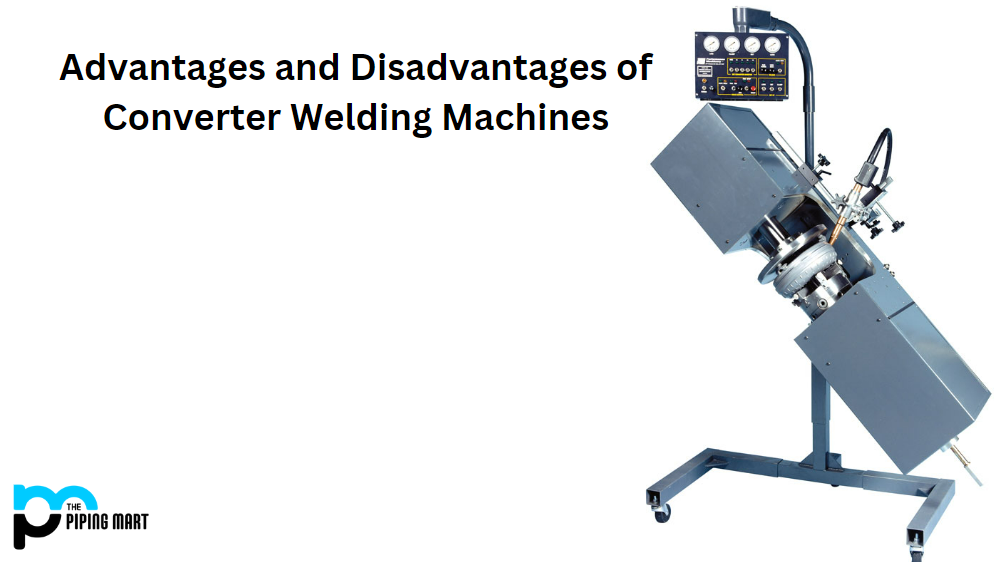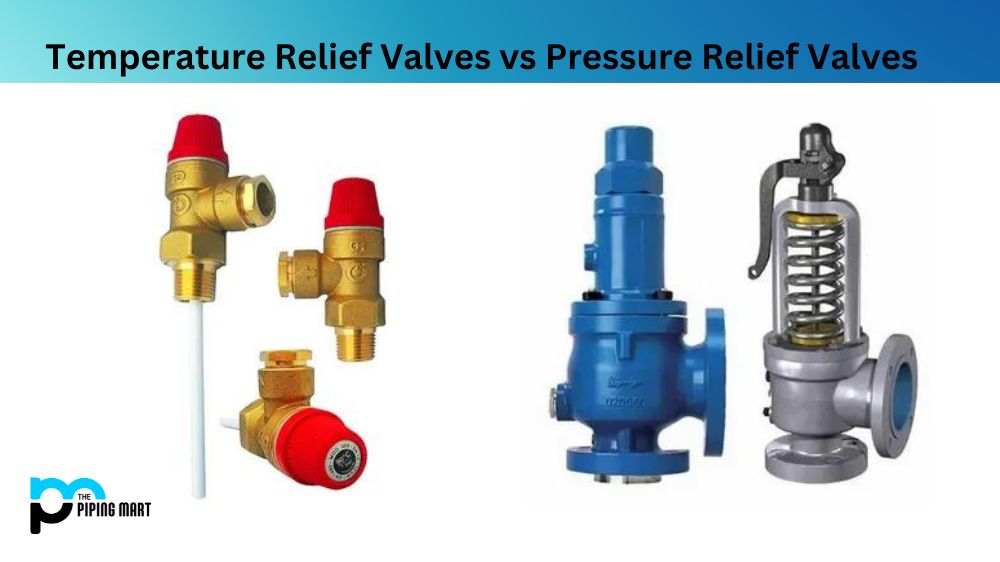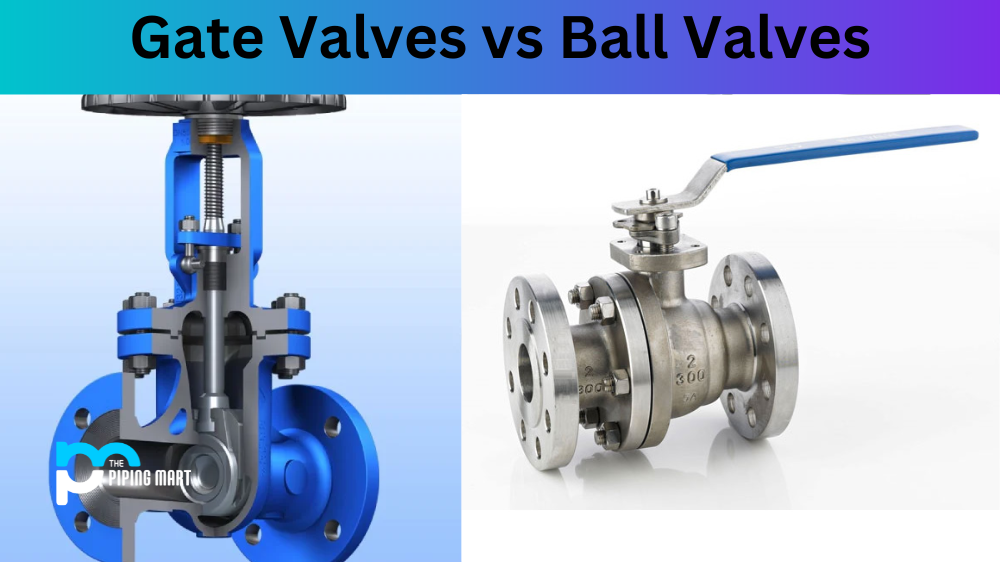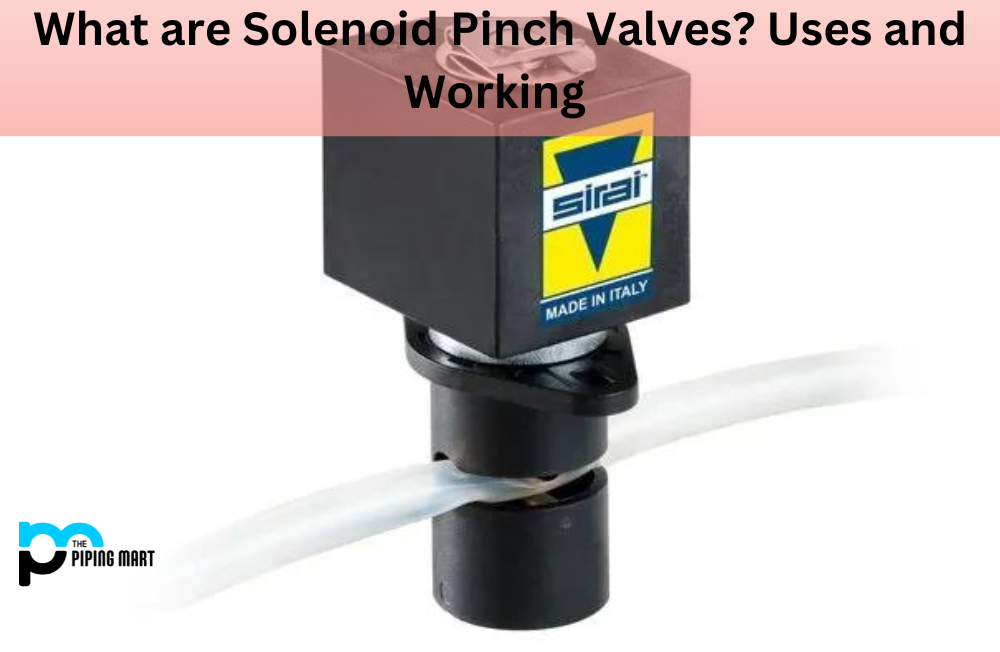Converter welding machines are a type of welding equipment that uses electricity to weld metals together. They are commonly used for heavy industrial, commercial, and automotive applications. While converter welding machines have many advantages, there are also some drawbacks that you should consider before making a purchase. Let’s explore the pros and cons of converter welding machines.
Advantages of Converter Welding Machine
One of the main benefits of converter welding machines is their portability. Because these machines use electricity, they don’t require an external power source like gas or oil-powered welders. This makes them much lighter and easier to transport than other welders, which can be extremely helpful if you work in multiple locations or on different projects. Additionally, many converter welding machines feature built-in safety features such as automatic shutoff switches and overload protection systems to help prevent accidents while using them.
Converter welding machines are also very precise when it comes to controlling the heat output and speed of your welds. This can be incredibly helpful when working with delicate materials or thin metal pieces that could otherwise be damaged by too much heat or pressure. Plus, many models come with digital readouts that allow you to adjust the machine’s settings quickly to get the right amount of heat for each task.
Greater Efficiency
Converter welding machines are more efficient than traditional ones, as they can convert AC current into DC current. This means less energy is lost during welding, resulting in a higher-quality weld. Additionally, converter welding machines can weld at higher currents, further improving the weld’s quality.
More Affordable
Converter welding machines are also more affordable than traditional welding machines. This is because they do not require the use of consumable electrodes, which can be quite expensive. Additionally, converter welding machines are often smaller and lighter than traditional ones, making them easier to transport and set up.
Greater Versatility
Converter welding machines are also more versatile than traditional welding machines. This is because they can be used for various applications, such as MIG welding, TIG welding, and stick welding. Additionally, converter welding machines can be used with various materials, including steel, aluminium, and stainless steel.
Easier to Use
Converter welding machines are also easier to use than traditional welding machines. This is because they often have digital displays that show the current settings and allow the user to make adjustments more easily. Additionally, converter welding machines typically have fewer parts than traditional welding machines, which makes them simpler to set up and use.
Safer to Use
Converter welding machines are also safer to use than traditional welding machines. This is because they generate less heat and produce less harmful fumes and smoke. Additionally, converter welding machines typically have built-in safety features that prevent accidental arc strikes.
Disadvantages of Converter Welding Machine
Unfortunately, one major downside to converter welding machines is their cost. These types of welders tend to be more expensive than traditional models because they require specialized parts and components for operation. Additionally, since these models rely on electricity for power, they require access to a reliable power source to work properly—which may not always be available in certain areas or environments where you need it most. Finally, because they are powered by electricity, they also pose an increased risk for an electrical shock if not used properly—so it’s essential to follow all safety instructions closely whenever operating one of these machines.
High Initial Cost
One of the biggest disadvantages of converter welding machines is their high initial cost. These machines are typically more expensive than other welding machines, making them difficult to justify for many businesses.
Limited Portability
Another disadvantage of converter welding machines is their limited portability. These machines are often much larger and heavier than other types of welding machines, making them difficult to move around. This can be a major problem for businesses that need to weld in multiple locations.
Requires More Maintenance
Converter welding machines also require more maintenance than other types of welding machines. This is because these machines have more moving parts, which can wear down over time and require replacement or repair.
It Can Be Difficult to Use
Another disadvantage of converter welding machines is that they can be difficult to use. This is because these machines often have a lot of complicated controls and settings, which can confuse inexperienced users. Additionally, converter welding machines often produce a lot of sparks and heat, which can be dangerous if not used properly.
Not as Durable as Other Machine
Finally, converter welding machines are less durable than other types of welding machines. This is because these machines are often made with cheaper materials, which can break down over time.
Conclusion:
Converter welding machines offer many advantages over traditional models, such as portability and precision control over heat output and speed settings. However, they also come with some downsides, including costliness and the additional risk of electrical shock if not used with caution. If you’re considering purchasing a converter welding machine for your next project or job site, weigh all these pros and cons carefully before making your final decision so that you can make an informed choice about what type of welder is best suited for your needs.

A passionate metal industry expert and blogger. With over 5 years of experience in the field, Palak brings a wealth of knowledge and insight to her writing. Whether discussing the latest trends in the metal industry or sharing tips, she is dedicated to helping others succeed in the metal industry.




